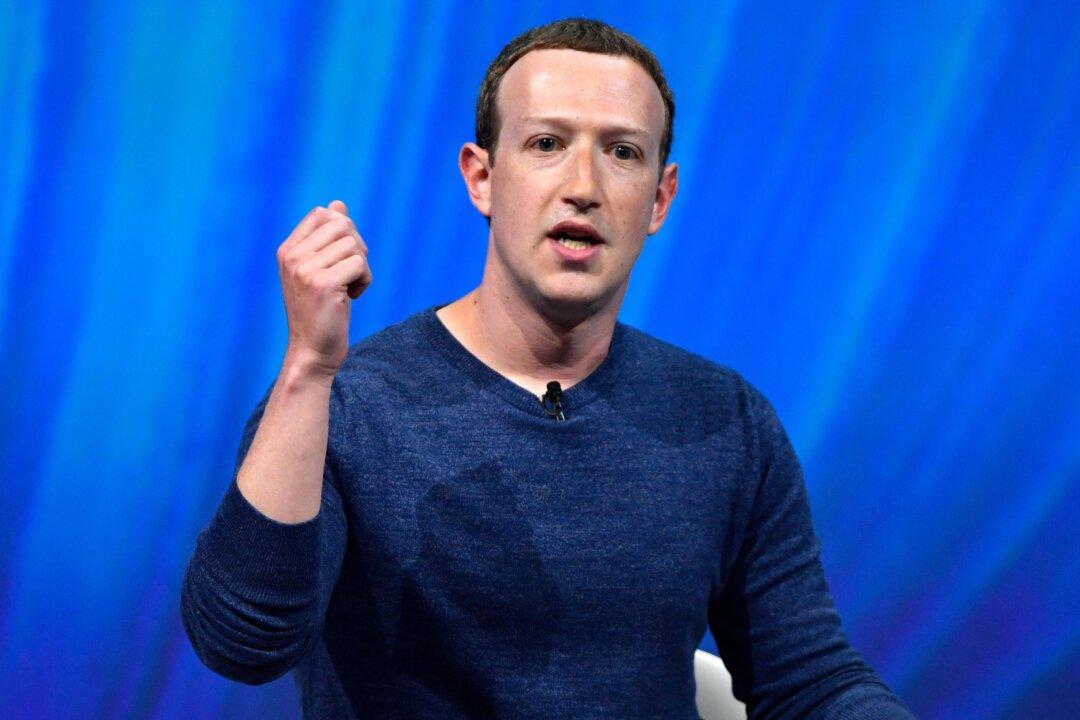A group that received hundreds of millions of dollars from Facebook CEO Mark Zuckerberg is accused in post-election lawsuits of contributing to constitutional violations in key battleground states.
The Center for Tech and Civic Life, a national nonprofit based in Illinois, provided funding to more than 2,500 election offices across the country to run elections amid the COVID-19 pandemic. Funds were used to pay poll workers, put up ballot drop boxes, and acquire mail-in ballot equipment and supplies.





